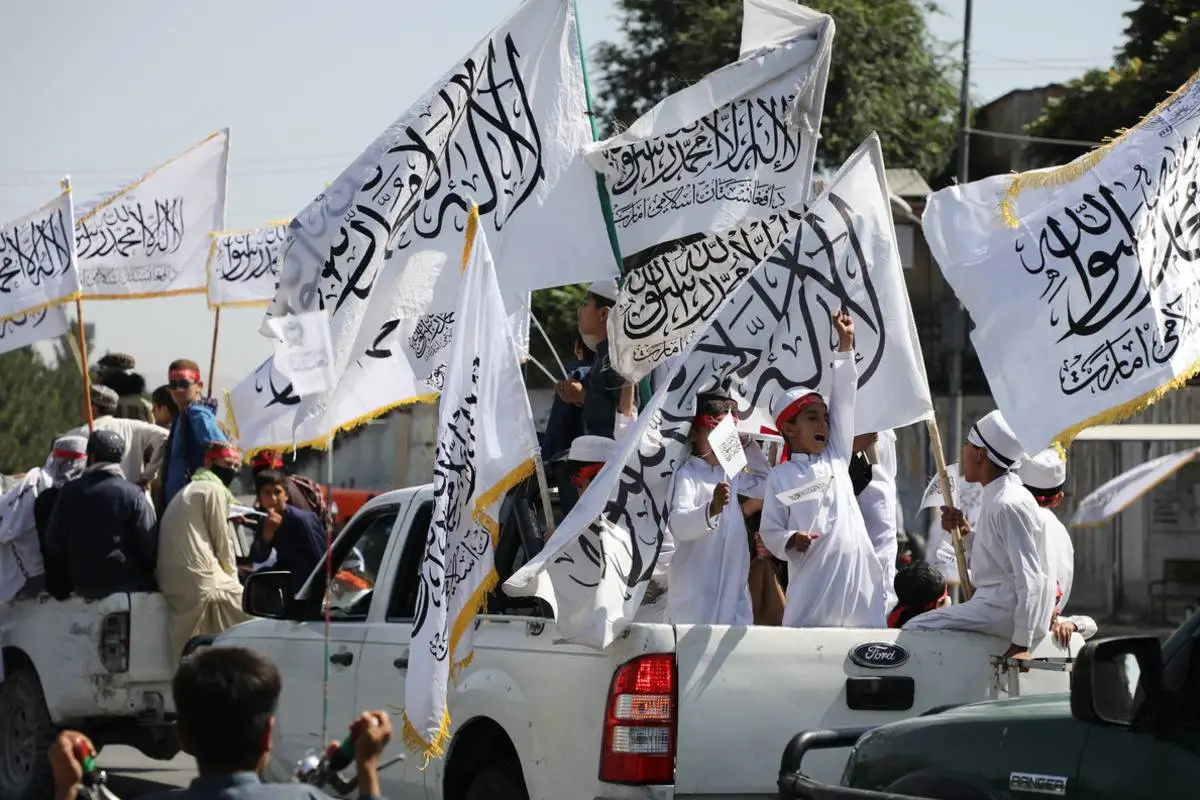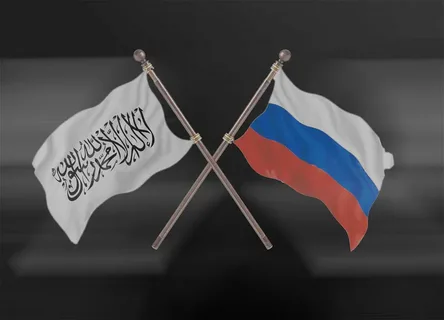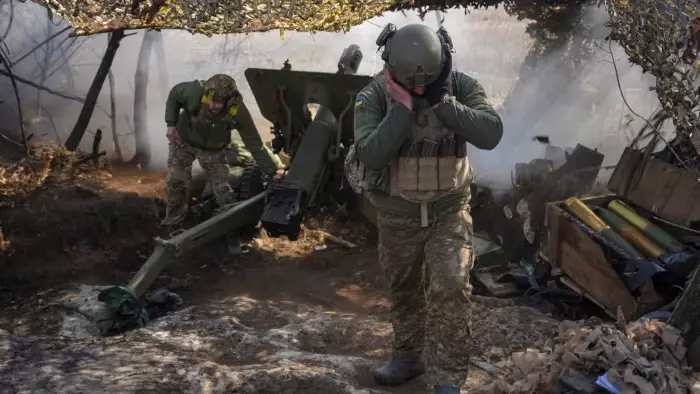Russia Removes Taliban from Terrorist List: What It Means

In a major shift in international diplomacy, Russia Removes Taliban from Terrorist List: from the terrorist list. This marks a significant change in how Russia is engaging with Afghanistan’s new rulers.
With the Taliban now in power in Afghanistan, this decision has raised questions about the broader implications for global politics and regional security.
Table of Contents
Why Did Russia Take This Step?
For years, the Taliban has been classified as a terrorist group by Russia and many other countries. However, since the Taliban’s return to power in Afghanistan in 2021, Russia has adopted a more pragmatic approach.
While the Taliban were previously viewed solely through the lens of terrorism, Russia has increasingly seen them as a political force to be dealt with.
Russia’s decision to remove the Taliban from its list of banned groups is part of a broader strategy to engage diplomatically with Afghanistan’s new government. This move comes after years of negotiations and attempts to influence the political landscape of Afghanistan.
Russia’s priority is to ensure regional stability, prevent the spread of extremism, and protect its interests in Central Asia.
Implications of Russia’s Decision

A Shift Towards Diplomatic Engagement
By delisting the Taliban, Russia is signaling a shift in its foreign policy. Instead of treating the Taliban solely as a terrorist group, Russia has chosen to engage them as a legitimate governing body.
This marks the beginning of formal diplomatic relations, which could pave the way for further political and economic interactions between the two parties.
Russia’s engagement with the Taliban has already included meetings and talks on regional security, counter-terrorism, and humanitarian aid. This decision further solidifies the possibility of long-term diplomatic ties between Russia and Afghanistan.
Security Concerns and Regional Stability
Russia’s move is also deeply tied to regional security. Afghanistan borders several Central Asian countries, which are critical to Russia’s sphere of influence. The Russian government is particularly concerned about the possible spillover of extremism from Afghanistan into these neighboring nations.
By engaging with the Taliban, Russia hopes to mitigate the risks of extremism and militancy spreading across the region. The Taliban’s cooperation in securing Afghanistan’s borders is seen as key to stabilizing Central Asia. Russia believes that this engagement can help contain terrorism and prevent the resurgence of groups like ISIS.
A Different Approach to the Taliban
Russia’s approach is in stark contrast to that of the West, which has been hesitant to engage the Taliban diplomatically.
While countries like the United States continue to impose sanctions and demand reforms, Russia seems more focused on pragmatism than on ideological differences. This divergence could influence how other nations approach Afghanistan’s future and may push the Taliban to adopt more moderate policies in the long run.
What’s Next for Russia and the Taliban?
With this new diplomatic recognition, Russia and the Taliban will likely continue their talks. The immediate focus will likely be on security cooperation, especially regarding the threat of terrorism and narcotics trafficking that stems from Afghanistan.
Additionally, Russia may begin discussions on economic partnerships to support Afghanistan’s recovery and rebuild infrastructure, although such efforts will require cooperation from other international bodies.
The Taliban, for their part, will likely view Russia’s decision as a boost to their legitimacy on the global stage. Although the group has yet to gain full recognition from the United Nations or other world powers, Russia’s decision represents a step toward greater international acceptance.
Conclusion
Russia’s removal of the Taliban from its list of banned terrorist organizations marks a pivotal moment in Afghanistan’s geopolitical landscape. This shift reflects Russia’s growing influence in the region and its commitment to securing stability in Central Asia.
As the Taliban solidifies its grip on power, Russia is positioning itself as a key player in Afghanistan’s future. The global community will be watching closely to see how this new chapter unfolds and what it means for Afghanistan, Russia, and the wider region.






